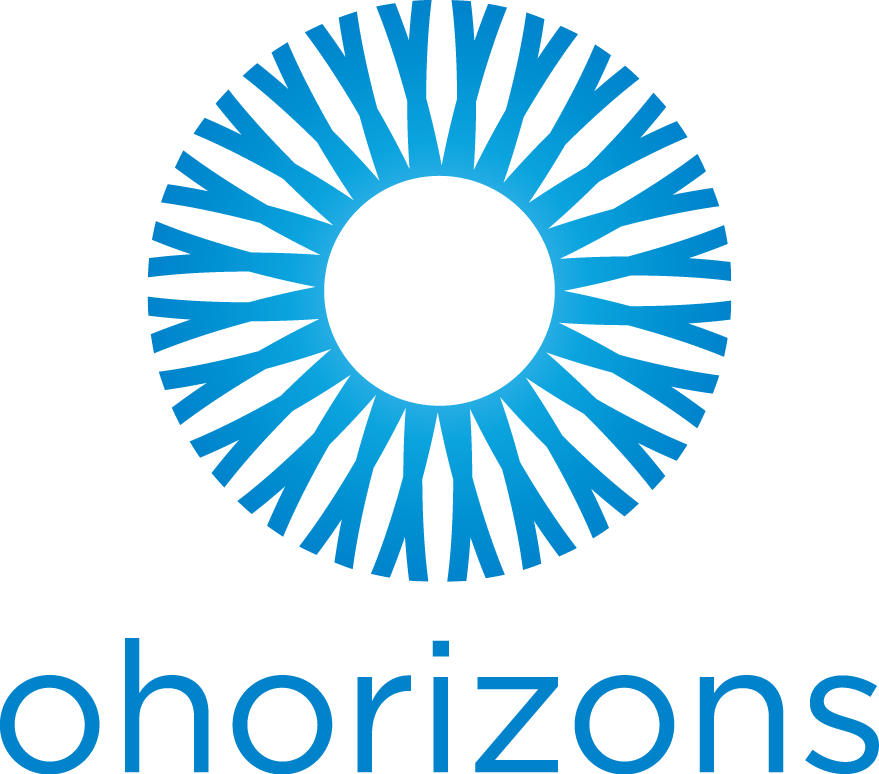Water, Agriculture, Energy, and Economic Development are essential daily needs for the health and wellness of all people. Each of these Four Horizons represents a unique development challenge that is important and deserving of thought, attention and action. We use our Low-Tech, High-Thinking design process to create sustainable solutions for each Horizon.
Early on, we established that the best way to accomplish our organization’s mission of ending hunger on a global scale would be to take a systems approach. We started by asking, “why does hunger exist?” We looked at the basic necessities of life that are essential to health and wellness on a fundamental level and arrived at the Four Horizons of Life: Water, Energy, Agriculture, and Economic Development.
>> WATER
1 billion people lack access to safe drinking water. Water is obviously essential for hydration and for food production… but health, education and economic development are also severely impacted by dirty water. Access to clean water is the first step in leading a healthy life. Many illnesses associated with drinking contaminated water can lead to undernourishment, chronic malnutrition, and even death. Waterborne and water-related illnesses are preventable and yet globally nearly a billion people don’t have access to clean water. Knowing that a child is dying from a water-related disease every 20 seconds makes it hard to focus elsewhere (1).
>> AGRICULTURE
Less than $2 is the average wage of more than 1 billion people in developing countries. Mostly farmers, many of whom are women, they often lack basic tools, technologies, financing, infrastructure and know-how required to tap the agricultural potential around them that will move them out of persistent poverty and hunger. 500 million small farms provide 80% of food consumed in much of the developing world (3) and agriculture provides livelihoods for 40% of the global population (4). The proper tools and the proper resources are vital for the sustenance of families for generations to come.
>> ENERGY
1.2 billion people live off the grid, mostly in Africa, southeast Asia, and South America. Access to energy has the potential to transform a family’s standard of living… cutting monthly costs, improving health, and providing opportunities to improve education and economic development. In particular, cooking takes energy and can be a deadly endeavor in many countries throughout the world. Cooking with solid fuels, such as charcoal or animal dung, kills 4 million people, mostly women and children, each year (2). Providing food for your family shouldn’t cost your life.
>> ECONOMIC DEVELOPMENT
70% of the world lives in sub-standard conditions due to challenges in generating sustainable economic opportunities. This is often caused by lack of natural resources, scarcity of capital, and delayed technological advances. Poverty touches nearly every global development challenge and is inextricably linked to hunger as well as each of the other horizons. Spurring local economic growth lifts up entire communities and provides the foundation for fulfillment of the basic necessities of the community.
"We believe that by approaching the problem of hunger through the lens of the Four Horizons of Life, we can attack hunger from a systems perspective, which leads to more sustainable and impactful solutions. Each of the Four Horizons represents a unique development challenge that is important in its own right and deserving of thought, attention, and action."
-- Orlando Bustos, Founder and Chairman
References
(1) World Health Organization, 2013. Global Health Observatory Data Repository: Diarrhoeal diseases.
(2) World Health Organization, 2014. Household air pollution and health.
(3) International Fund for Agricultural Development, 2013. Smallholder, food security, and the environment.
(4) UN Fact Sheet, 2012. The Future We Want: Food.



